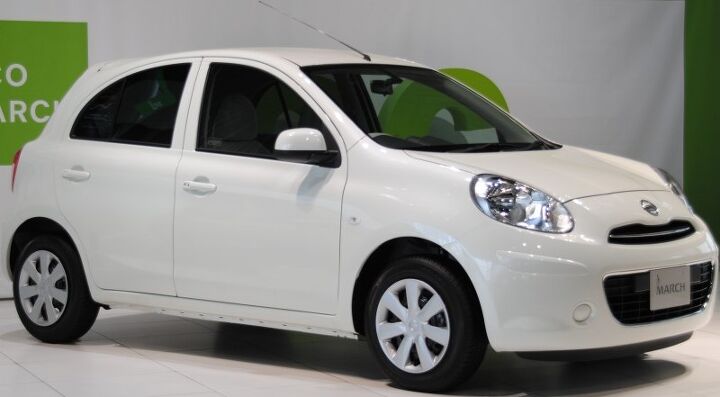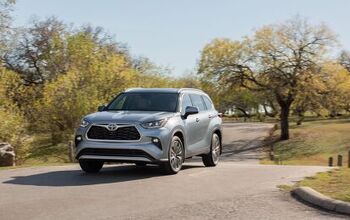Nissan Adds Second Plant In Thailand
Thailand will be the recipient of a $358 million dollar Nissan plant, with a maximum capacity of 150,000 cars, with half of those set for export.
Nissan has been investing heavily in Thailand; their Micra small car, a crucial product for the company, is now built in the country – though Japanese consumers have apparently taken issue with this, and sales have fallen. The Nikkei suggested that increased Thai production would come as a result of anti-Japanese demonstrations occuring in China, but a Nissan spokesman denied this when speaking with Reuters
“The reason we will be investing in Thailand more is because we trust in the growth in the ASEAN region and Thailand. China’s economy is slowing down, but still growing…we have no intention of shifting from China … China is a very important market for us,”
Chinese trouble nonwithstanding, Nissan has been on a big kick to increase localized production for various markets- the United States being a major beneficiary with this move. Increasing production in Thailand is a logical move for a company looking to increase its presence in South East Asia and who’s to say that some of the low-cost Datsuns won’t be built here either?
More by Derek Kreindler


































Comments
Join the conversation
For Nissan and other Japanese car makers, cars meant to be sold in China will be still made in China. I'm guessing what Nikkei is saying is that export based production will move away from China to Thailand. Exporting Chinese-made cars makes little sense. One big factor is the Kunming-Bangkok Expressway. A massive expressway that connects South East Asia and China. Right now, it lacks a bridge crossing the Mekong River in Vietnam, but the bridge should be finished within 2013. Goods from SE Asia are still shipped via sea to China, and is very expensive. Being that there is an existing FTA between ASEAN nations and China, the completion of the expressway would mean a flood of goods flowing both ways between China and SE Asia. Thailand will likely become Asia's manufacturing hub, especially as Thailand has FTAs with Japan, EU, China, ASEAN nations, and soon even India. We'll see a large shift slowly from China to SE Asia. Nissan is one example. But Chinese production will still remain.
Correct. Thailand is the hub for motor vehicle manufacturing in SE Asia, along with its operations in electronics (such as disk drives) so that would be an astute move for Nissan.